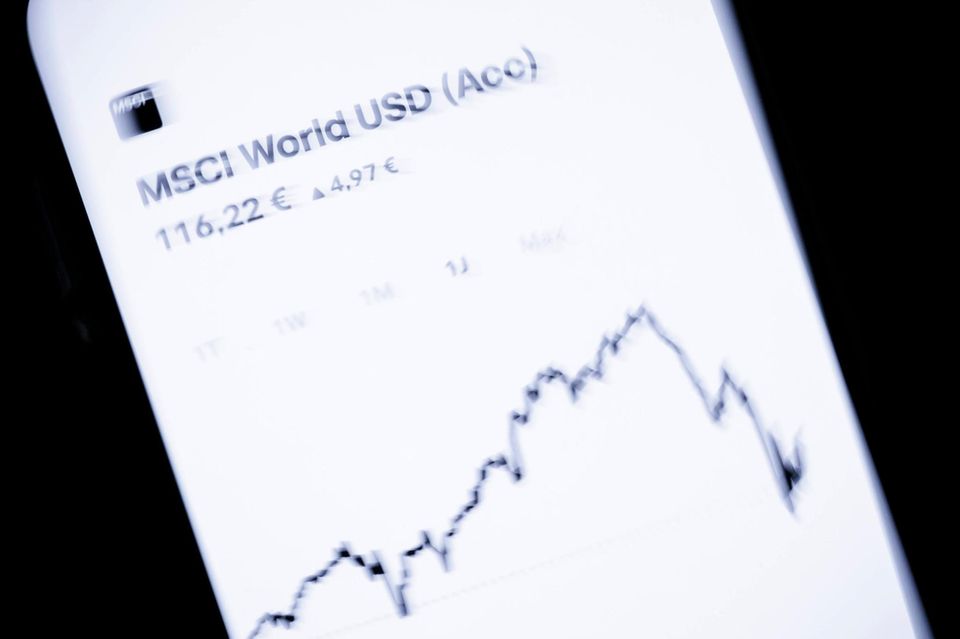"Oracle of Omaha": Warren Buffett – What the star investor teaches us about investing | Capital+

Warren Buffett: He may no longer be the second richest person, but he has secured his place in the top ten
© IMAGO
The veteran Warren Buffett is stepping back – at least a little. And in his last major appearance, he teaches his followers once again what really matters on the stock market: composure.
You have to have this calmness first: The stock markets have been trembling up and down more violently in recent weeks than ever before. First, they experienced a euphoric high, then they collapsed by around 17 percent in the face of US tariffs, and since then, prices have been zigzagging day after day. And how does the world's most famous investor comment on all this? "What has happened in the past 45 days is really nothing," says Warren Buffett, investment icon and current CEO of Berkshire Hathaway, the largest corporate conglomerate in the USA in terms of market capitalization. What are losses of almost 20 percent?
Buffett's own shares also lost a peak of 6 percent over the weekend and closed down around 3 percent for the week. The main reason for the price slump was Buffett's surprise announcement that he would retire from day-to-day business at the end of the year – at the age of 94. Until then, his supporters had hoped he would hold the post like a pope until the end of his life. But even though Buffett is now handing over the company's leadership to Greg Abel – as has long been planned – he will nevertheless remain chairman of the Berkshire board of directors. And it can be assumed that he will continue to have a strong say there. Because Buffett is not a man of few words. He likes to explain the world to his listeners. And they can still learn a lot from him.
#1 Stay calm when everyone is panickingPerhaps the most important lesson: Stay calm when the markets tremble. He underscores how important this is by describing 20 percent price fluctuations as "nothing." It was precisely such price drops that provided him with the best entry opportunities over time. He then added shares to his portfolio in companies whose business models convinced him and which he considered significantly undervalued after such price crashes. And of course, staying calm and waiting is easier for someone like Buffett. He is probably one of the few investment professionals alive during the Great Depression in the 1930s. Compared to the devastating conditions following that stock market crash, many of today's market crashes seem like a mere footnote on the price charts.

Above all, Buffett has been at the helm of Berkshire for 60 years. And he's been in the investment business even longer: Buffett was already buying stocks before he took over the former textile company. And he's held some of the stocks in his portfolio for almost as long as he's been running Berkshire Hathaway. One of his most important virtues is sticking with it. He once put it this way: "If you don't want to hold a stock for at least ten years, you shouldn't own it for even ten minutes."
capital.de




